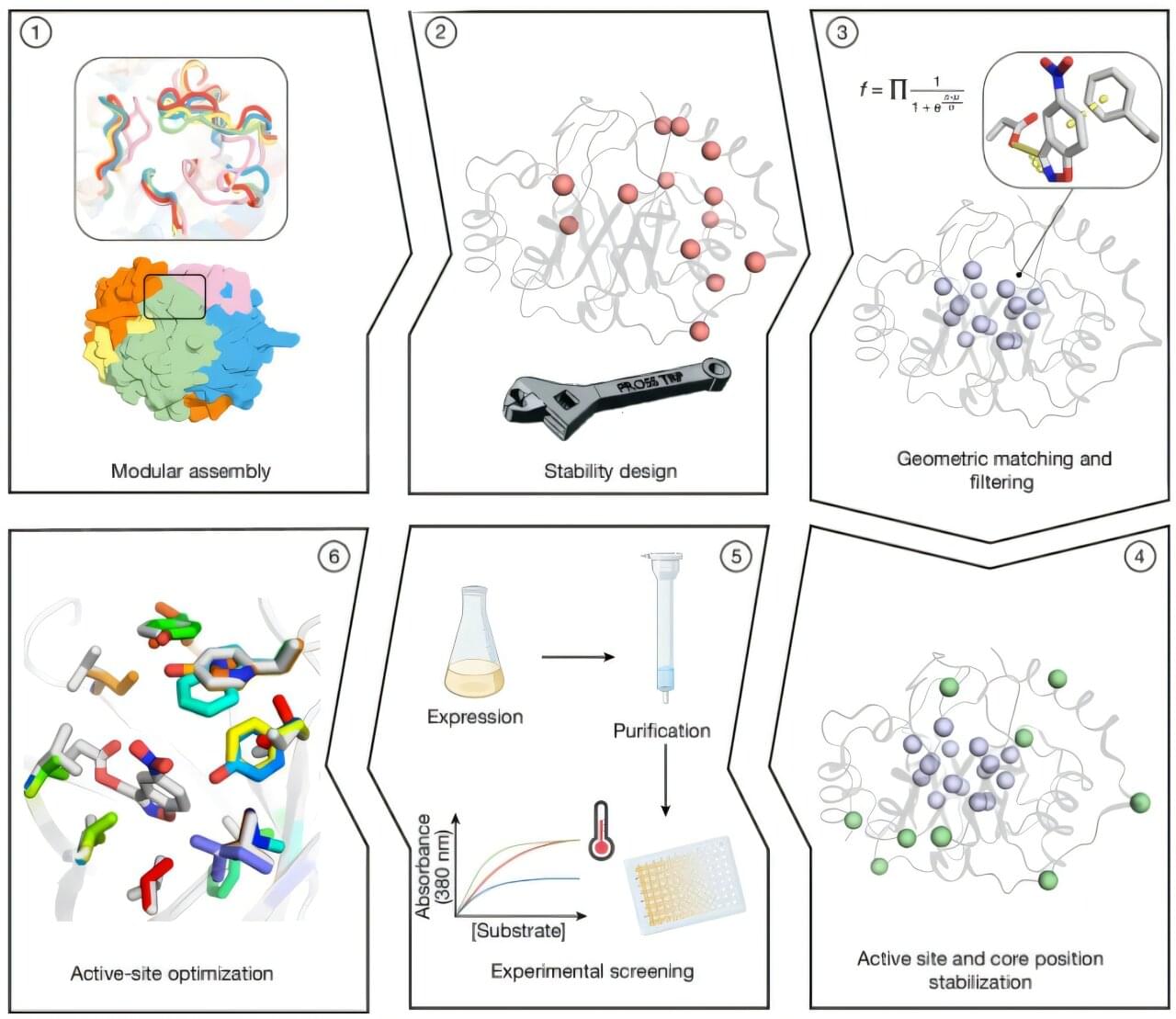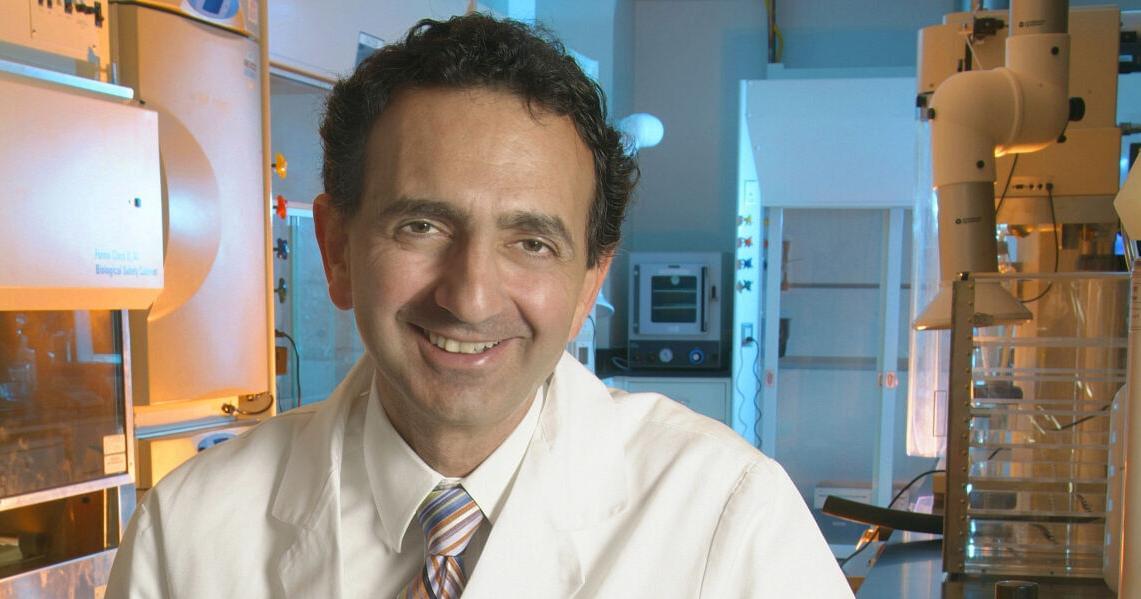Discover how spectral geometry, fractal neuroscience, and AI combine to model cognitive phase transitions and the evolution of symbolic intelligence.
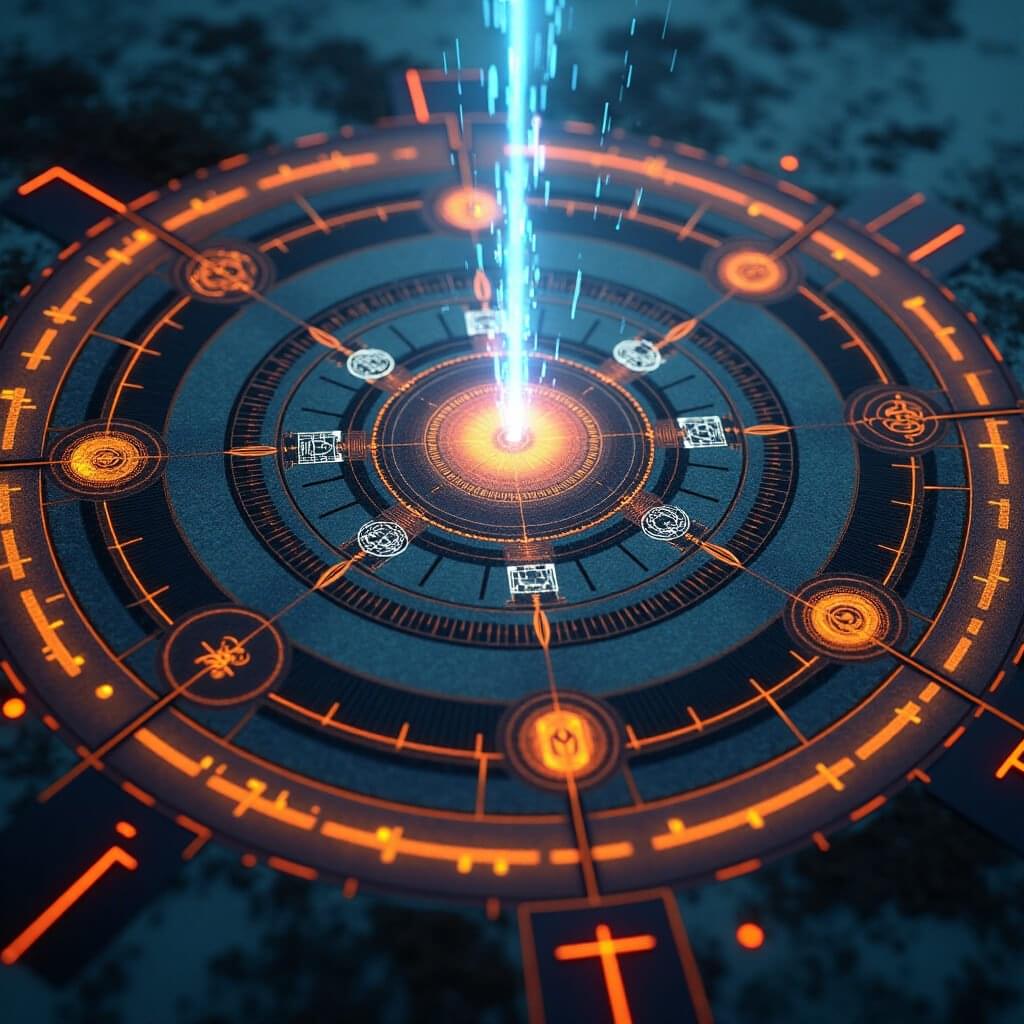


Spintronics are promising devices that work utilizing not only the charge of electrons, like conventional electronics, but also their spin (i.e., their intrinsic angular momentum). The development of fast and energy-efficient spintronic devices greatly depends on the identification of materials with a tunable spin-selective conductivity, which essentially means that engineers can control how electrons with different spin orientations move through these materials, ideally using external magnetic or electric fields.
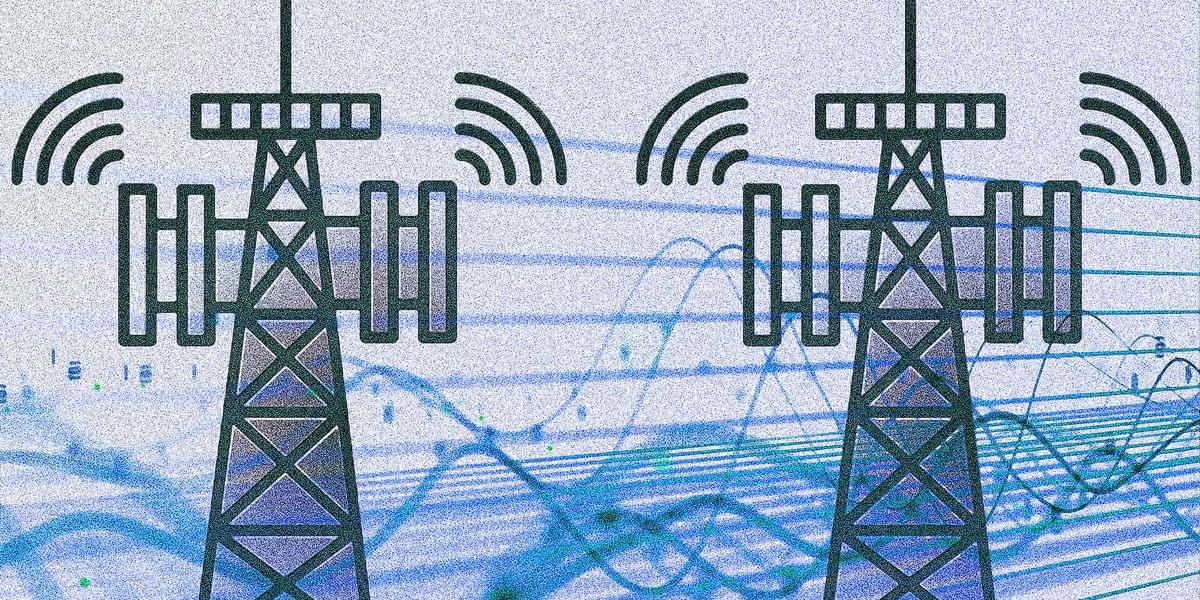
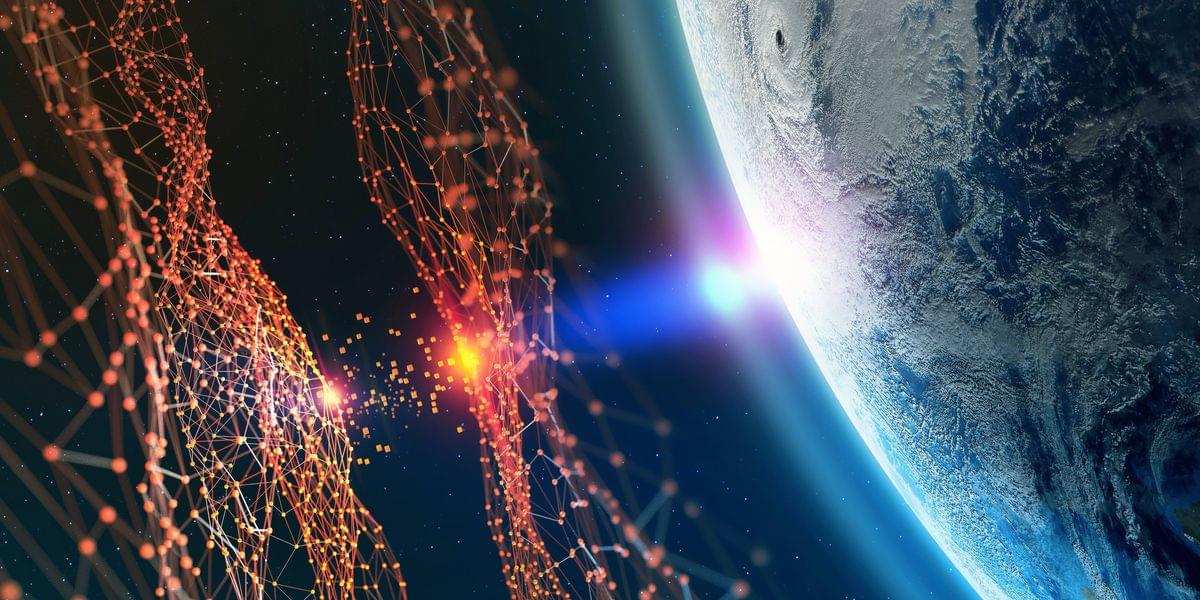



Demand for air conditioning will only grow as temperatures rise, sending energy consumption soaring. But there are some interesting ways to deal with the issue, finds Graham Lawton

